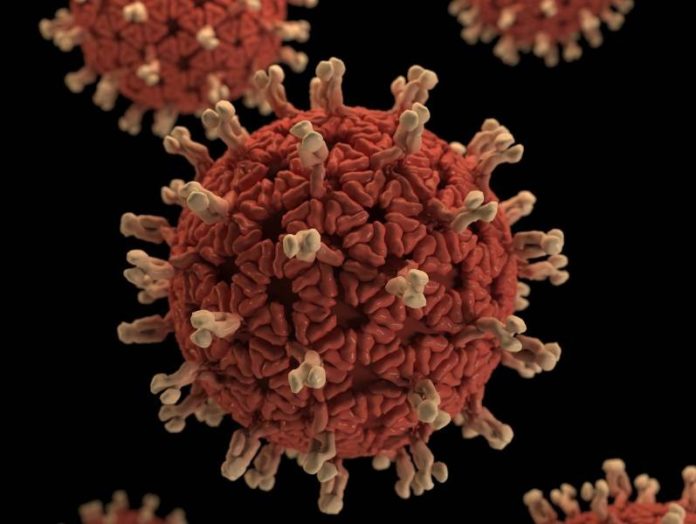
A Williamson County resident has tested positive for the coronavirus (also known as COVID-19), Gov. Bill Lee announced Thursday. The patient tested positive for the virus Wednesday.
This is the first confirmed case of coronavirus in Tennessee.
The patient is a 44-year-old man who recently traveled out of state. He is currently quarantined at home. The Tennessee Department of Health is working to determine to which states he traveled. The patient is said to be experiencing mild symptoms isolated himself at his home when he began to feel sick.
An estimated 10 people have been tested for coronavirus in Tennessee.
Gov Bill Lee says this is a serious situation but reminds Tennesseans to keep this illness in perspective.
The overall risk to the general public remains low, says Dr. Lisa Peircey of the Tennessee Department of Health (TDH). Dr. Piercey reminds Tennesseans that most patients with confirmed COVID-19 infection have mild respiratory illness with fever, cough and shortness of breath. A smaller number of patients have severe symptoms requiring hospitalization. COVID-19 is not currently widespread in the United States, so no additional precautions are recommended for the general public to take beyond normal practices to help prevent the spread of respiratory viruses. These include:
- Wash your hands often with soap and water. Use alcohol-based hand sanitizer if soap and water are not available.
- Cover your mouth and nose with a tissue when coughing or sneezing
- Don’t touch your eyes, nose or mouth with unwashed hands
- Stay home if you are sick
- Stay away from people who are sick
Background on Coronavirus (from the CDC)
CDC is responding to an outbreak of respiratory disease caused by a novel (new) coronavirus that was first detected in China and which has now been detected in almost 70 locations internationally, including in the United States. The virus has been named “SARS-CoV-2” and the disease it causes has been named “coronavirus disease 2019” (abbreviated “COVID-19”).
On January 30, 2020, the International Health Regulations Emergency Committee of the World Health Organization declared the outbreak a “public health emergency of international concern. On January 31, 2020, Health and Human Services Secretary Alex M. Azar II declared a public health emergency (PHE) for the United States to aid the nation’s healthcare community in responding to COVID-19.
Preventative Measures
There is currently no vaccine to prevent coronavirus disease 2019 (COVID-19). The best way to prevent illness is to avoid being exposed to this virus. However, as a reminder, CDC always recommends everyday preventive actions to help prevent the spread of respiratory diseases, including:
- Avoid close contact with people who are sick.
- Avoid touching your eyes, nose, and mouth.
- Stay home when you are sick.
- Cover your cough or sneeze with a tissue, then throw the tissue in the trash.
- Clean and disinfect frequently touched objects and surfaces using a regular household cleaning spray or wipe.
CDC’s recommendations for using a facemask.
CDC does not recommend that people who are well wear a facemask to protect themselves from respiratory diseases, including COVID-19.
Facemasks should be used by people who show symptoms of COVID-19 to help prevent the spread of the disease to others. The use of facemasks is also crucial for health workers and people who are taking care of someone in close settings (at home or in a health care facility).
If you are a resident in a community where person-to-person spread of COVID-19 has been detected and you develop COVID-19 symptoms, call your healthcare provider and tell them about your symptoms.
















